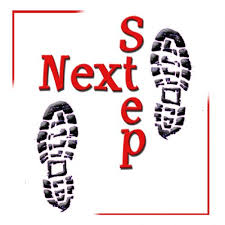
The last few articles before Thanksgiving reviewed the concepts that planning is not optional and that placing priorities on your goals can distinguish needs from wants and how they incorporate into long-term strategic planning for your family business. Let’s now explore the basics for long-term strategic planning.
(Select the "Read More" link below.)
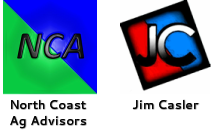
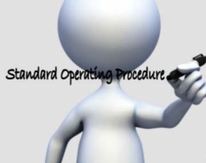

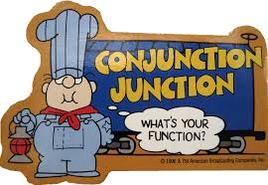
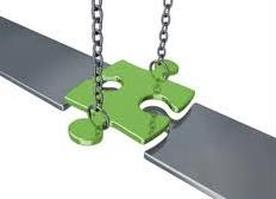




 RSS Feed
RSS Feed
